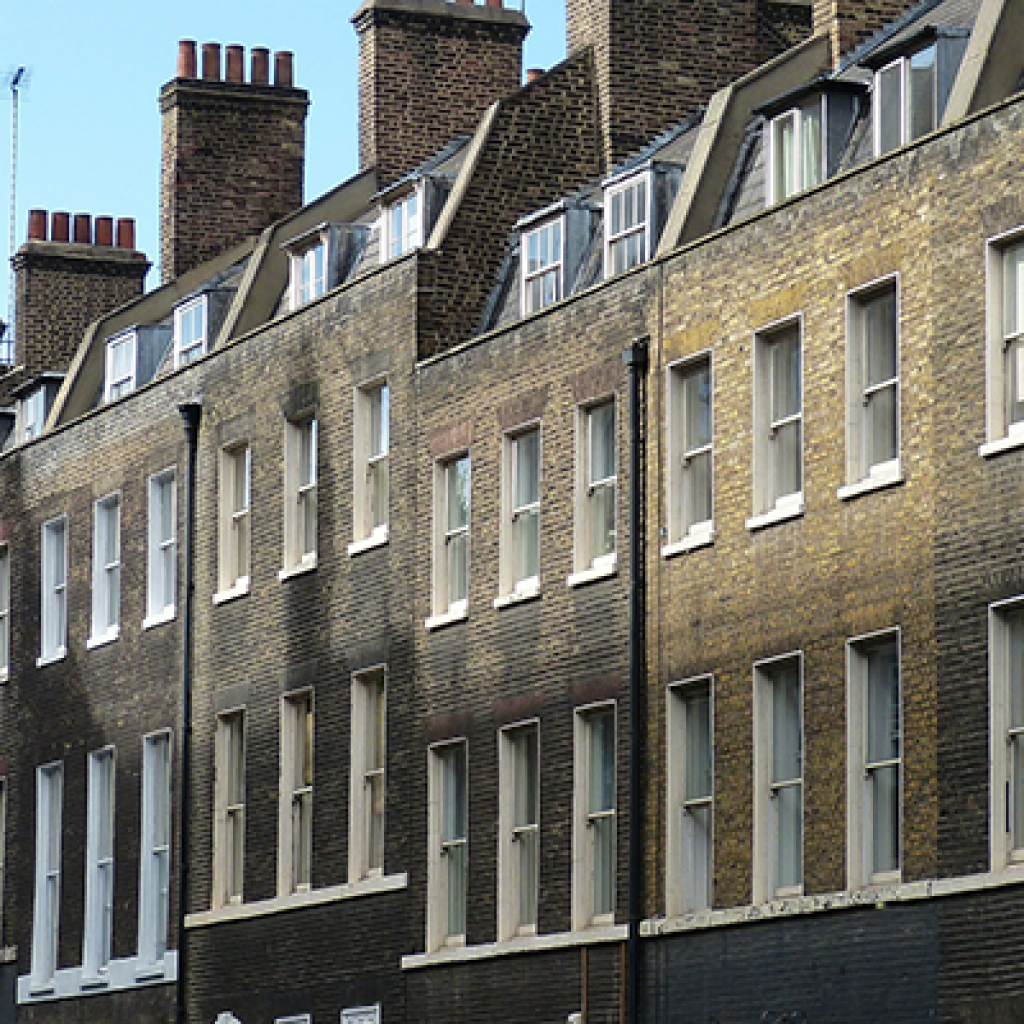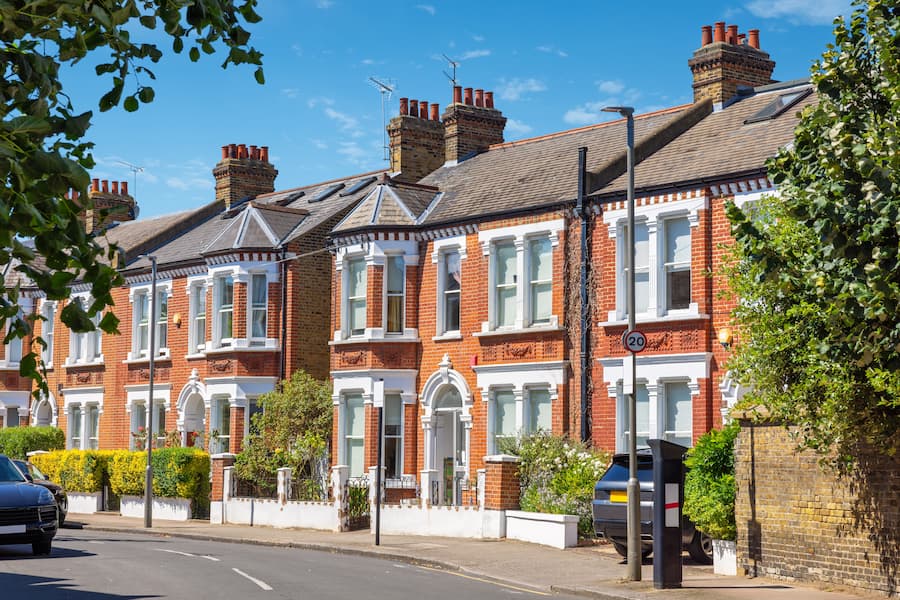- Nearly three quarters of houses sold in January were sold for less than asking price as buyers start to negotiate again
- However, the housing market is cooling down in the lead up to the General Election with supply and demand both down from levels seen throughout 2014
Buyers have the power to negotiate again, as nearly three quarters of houses in January were sold at less than asking price, found the National Association of Estate Agents (NAEA) January Housing Market Report.
NAEA member agents found that 73% of homes were sold for less than asking price in January, 17% more than the same period last year – when 56% homes were sold for less than originally priced, suggesting that power is returning to the buyers’ hands and they’re in a better position to negotiate.
Room for negotiation may have given the help the housing market needed, as an average of eight houses were sold per branch in January, compared to the seasonally low five in December.
Mark Hayward, managing director, National Association of Estate Agents said: “The Autumn Statement’s stamp duty reforms have already created movement. Following this, sellers may have hiked up prices to take advantage of buyers’ increased budgets. But it seems buyers are counter-acting this by negotiating prices back down to original asking price opposed to paying over the odds for their dream home, creating a real buyers’ market. Hopefully further reforms around the General Election will help to balance the deficit in supply and demand – only time will tell.”
Supply and demand
Supply and demand were both down at the start of the year, indicating that the market is cooling off. Supply was down to 44 properties available per member branch, compared to an average 47 for the whole year in 2014 and 45 in December. Demand saw a two per cent jump too, with the number of potential buyers registered per branch falling from 360 in December to 353 in January.
Mark Hayward continued: “The housing market is based solely on sentiment and so if consumers feel an ounce of uncertainty; this will result in a temporary lull. With the General Election on its way, we’re starting to see the different political parties stowing up policies around housing, which is undoubtedly causing uncertainty in the property market.”




















